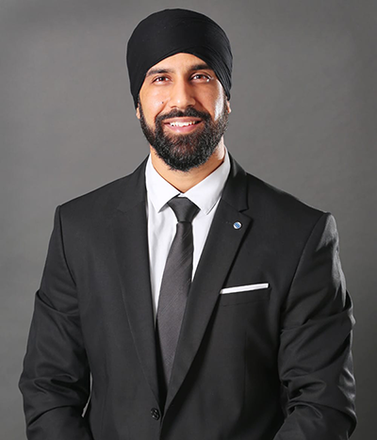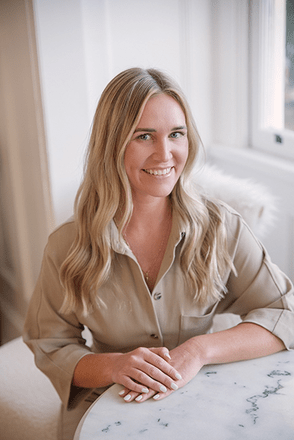Axiom Mortgage Solutions
Formerly The Modern Mortgage Unlimited Company. A multi region reach of the brokerage. Axiom is a client focused and community driven brokerage, contact us:
Axiom Mortgage Solutions
Head Office
223 14 Street NW
Calgary AB T2N 1Z6
Compliance Officer
Gord Appel
(403) 714-4663
gord.appel@axiom.ca
Broker of Record
Gord Ross
800-517-8670 ext 301
gord@axiommortgage.ca
Our Team
If you are thinking about buying a house I would strongly recommend you giving Sean a call. We got a great rate and were approved for a Mortgage in just a few days. Thanks Sean Prosser you took a lot of the stress out of buying our house.
Dave Kaufman
5/5 Wouldn’t go anywhere else! Working with Modern Mortgage was so comfortable and easy. Being first time home owners, we were not sure what we were going to run into when re-mortgaging our home. We were put in contact with Elizabeth. She was extremely professional, easy going and made everything very simple for us to understand. She was in contact with us regularly to inform us on lower rates, and made it happen! Everything was done electronically which was convenient, and also made things run a lot smoother and faster. We are extremely happy with our experience with Modern Mortgage and would highly recommend to anyone!
Chelsea Kavelaars



















